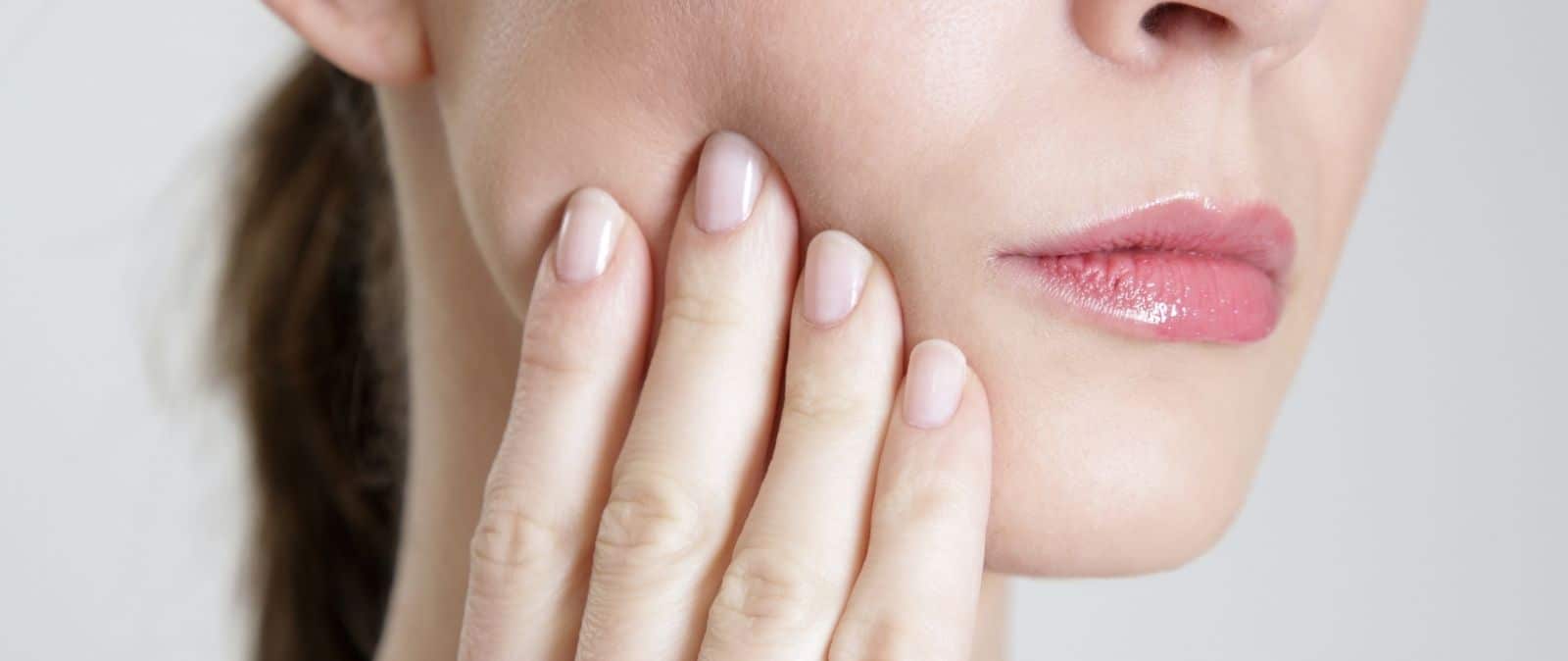- Types of Tooth Pain
- July 28, 2021
- In Emergency Dentistry
The Different Types of Tooth Pain
Toothaches are unpleasant, but the sort of pain you are experiencing might provide insight into what is causing the problem. Today on the blog, our Bethlehem GA dentist discusses the different types of tooth pain, and what to do if you begin experiencing them.
The Types of Tooth Pain
Nothing may ruin your day more than a toothache. As follows, toothaches are one of the most prevalent dental problems, accounting for millions of ER visits each year. The good news is that the majority of tooth pain is caused by highly curable problems that may be corrected with the assistance of your Bethlehem GA dentist.
If you’re having tooth discomfort and don’t know what to do, we’re here to assist. We’ll discuss the types of tooth pain and what to do!
Tooth Sensitivity
Tooth sensitivity is a fairly frequent kind of tooth discomfort that can occur abruptly or as a persistent concern for people. As follows, tooth sensitivity discomfort often develops when your teeth are exposed to either cold or extremely hot meals or beverages. In addition, the discomfort is frequently severe and occurs as soon as the food or beverage comes into contact with the surface of your teeth. The discomfort may subside within a few seconds or linger for hours, indicating a significant issue.
What to Do When You Have Tooth Sensitivity
Tooth sensitivity is frequently associated with weaker enamel or retreating gumlines. If you see your dentist near Bethlehem GA on a regular basis and notice dental sensitivity, it might be due to enamel loss. However, extreme tooth sensitivity could be due to severe tooth decay or a fractured tooth that has exposed the tooth root.
Switching your toothpaste to one intended for sensitive teeth might be quite beneficial for mild tooth discomfort. Our friends over at Park Blvd Dentistry, Pinellas Park dentist, explains that they advise their patients who are experiencing this to avoid acidic meals. This is because it can aggravate sensitivity discomfort by increasing enamel erosion.
A Dull Toothache
This is the traditional toothache sensation. The pain can range from mild to severe, but it feels like a dull ache in a single tooth, numerous teeth, or down into your jaw area. As follows, toothaches come and go, but because they are connected to a more serious tooth condition, they will not go away until you see your emergency dentist Bethlehem.
What To Do When You Have a Dull Ache
A dull discomfort might indicate anything as simple as a piece of food caught in your tooth, or it could indicate that you have dental rot. If you get a dull discomfort at the back of your mouth, it might be because your wisdom teeth are coming in. Or it could be a symptom of nightly bruxism. A dull discomfort accompanied by a sensation of pressure in your teeth when biting down might potentially indicate the formation of an abscess.
First, thoroughly floss and clean your teeth to remove any sticky food. If your discomfort persists or you detect a pattern in your pains, such as waking up with soreness every morning, contact your dentist.
Sharp Tooth Pain
Sharp pain can be excruciating, and it generally happens when your affected tooth makes contact with other teeth or a food item when biting down. The difference between this sort of pain and an aching or throbbing sensation is the initial, very intense pain that starts the toothache. In other situations, you may not even experience persistent discomfort, but rather just when you bite down the “wrong way.”
What to Do When You Have Sharp Tooth Pain
A severe ache can generally be identified as a single tooth and indicates that it has been damaged. Additionally, you may feel a chipped or fractured part of your tooth when you run your tongue over it. In certain situations, your tooth may be broken. However, you won’t be able to see it if you look in the mirror. A severe ache in a tooth with a filling or crown might potentially indicate a problem with your restoration. Even if the severe pain does not seem to linger, this sort of pain always necessitates a dental appointment. A damaged tooth can quickly deteriorate, requiring what could have been a simple repair to eventually necessitate a dental crown. Worse, a fractured tooth might totally break with less force than you may believe.
Throbbing Tooth Pain
A throbbing toothache is excruciatingly painful and infuriating to cope with. This sort of pain can strike quickly or progressively worsen from acute to throbbing. The throbbing feeling may appear to be restricted to one or more teeth. Or, it may expand throughout your jaw or even the side of your face. As follows, your gums may also seem swollen and red.
What to Do When You Have Throbbing Tooth Pain
Severe, throbbing tooth pain is the reason for severe worry. It might be caused by a fractured tooth or untreated severe gum disease. This happens when the exposed the roots or nerves of your tooth. However, untreated dental decay can also wear down your enamel to the point where the pulp layer of your tooth is exposed. While you can relieve the pain with over-the-counter medicines and hot or cold compresses, this sort of toothache should never be neglected. It is critical to contact Gentle Dental Group immediately.










